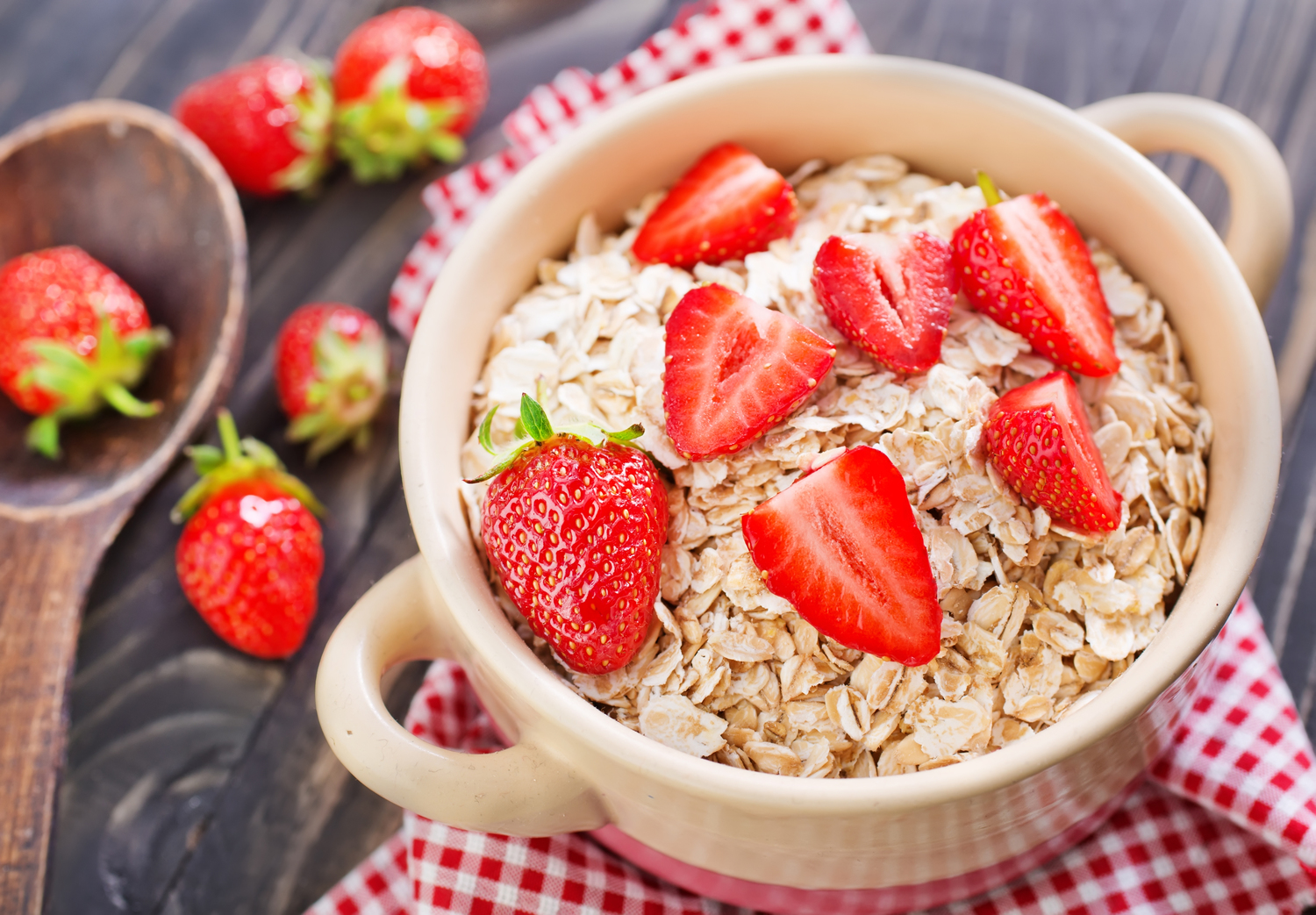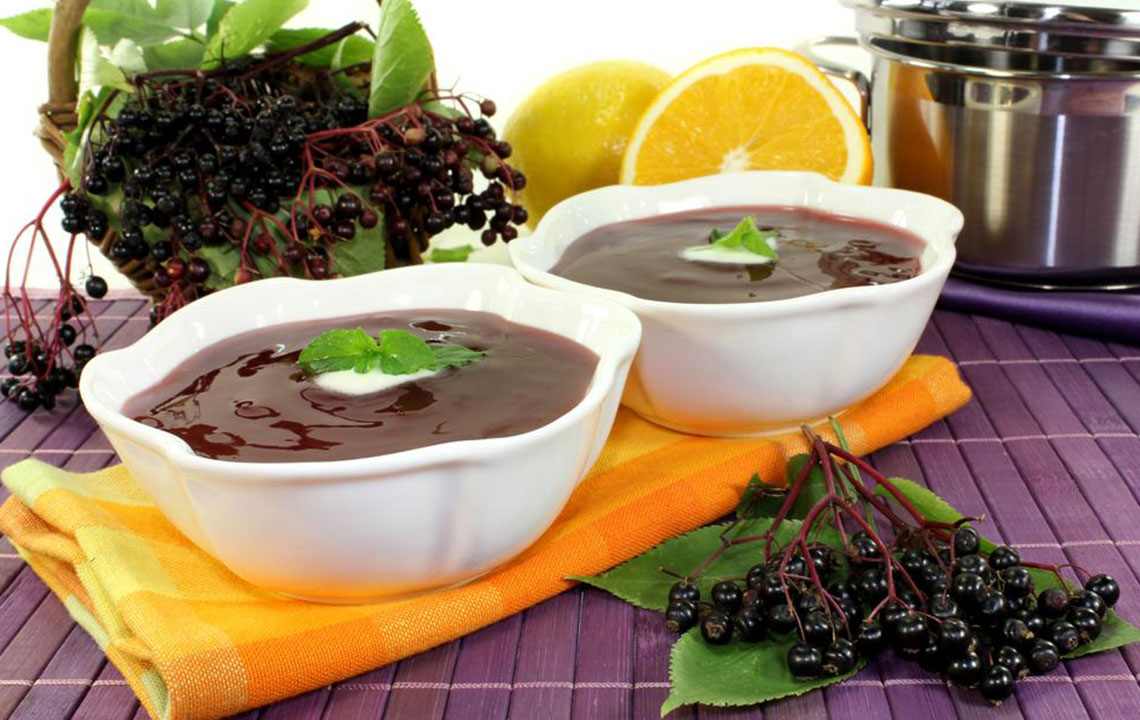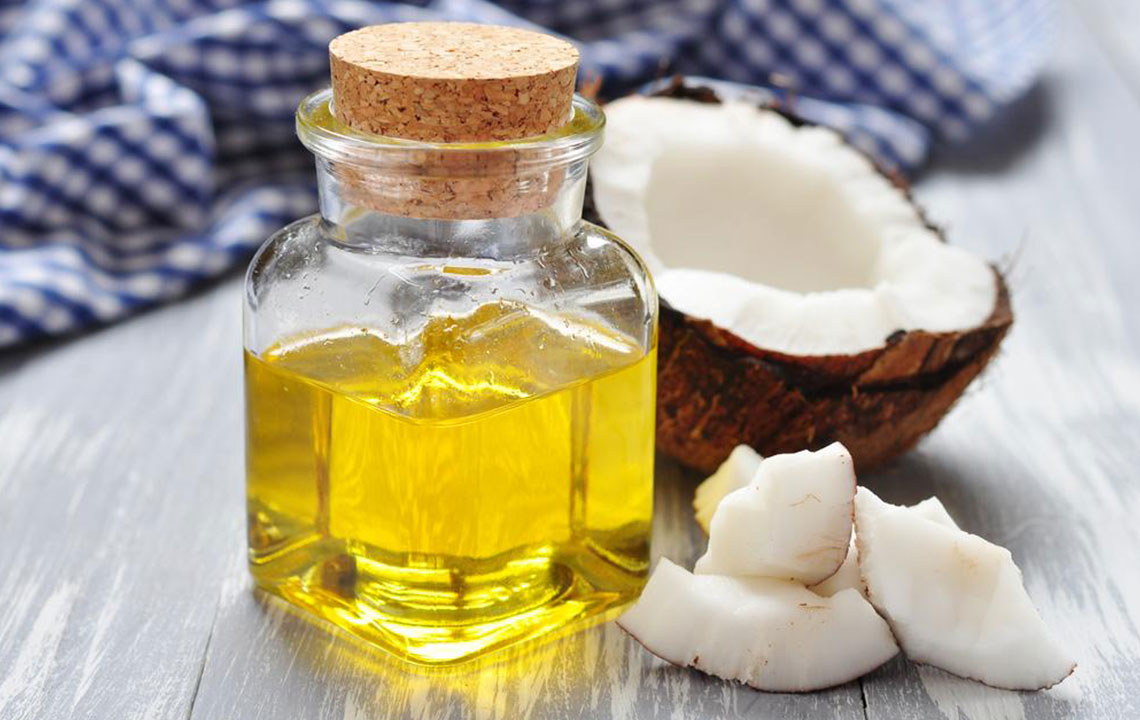Effective Dietary Strategies to Relieve Heartburn
Discover effective dietary tips to alleviate heartburn, including foods that soothe symptoms and those to avoid. Proper nutrition and lifestyle changes can significantly improve GERD management, helping you reduce discomfort and promote better digestive health under medical guidance.
Diet Tips for Alleviating Heartburn
Gastroesophageal reflux disease (GERD), commonly called heartburn, involves stomach acid flowing back into the esophagus, causing discomfort and irritation. What you eat greatly impacts this condition, as certain foods can either worsen or ease symptoms. Understanding how diet influences GERD is essential for managing the condition effectively.
Understanding GERD and Its Symptoms
The primary issue stems from a weakened or relaxed lower esophageal sphincter, which normally prevents stomach contents from returning to the esophagus. Factors such as stress, diet, and lifestyle choices can contribute to this dysfunction.

The condition manifests through symptoms like burning chest pain (heartburn), bloating, bitter taste in the throat, hiccups, sore throat, dry cough, vomiting, belching, sleep disturbances, difficulty swallowing, or the sensation of a lump in the throat.
Foods Beneficial for Heartburn Relief
Starting your day with wholesome, easily digestible foods can make a significant difference. Here are some dietary choices proven to help reduce acid reflux:
Oatmeal
Rich in fiber and gentle on the stomach, oatmeal can be enjoyed at any meal to help prevent acid buildup.
Whole Grains
Whole wheat bread, brown rice, and barley are unprocessed, fiber-filled options that support digestive health and reduce reflux risks.
Vegetables
Low-fat, low-sugar greens such as spinach, asparagus, cucumbers, and potatoes aid in neutralizing stomach acid and nourishing the body.
Ginger
Because of its anti-inflammatory properties, ginger can soothe gastrointestinal irritation—adding fresh ginger to meals or drinking ginger tea may alleviate symptoms.
Bananas
This alkaline fruit helps balance stomach acid levels and offers soluble fiber for digestion.
Yogurt
Yogurt and other probiotic-rich foods coat the esophagus and help restore gut flora, easing reflux.
Seeds, Nuts, and Healthy Oils
Foods like walnuts, flaxseeds, and olive oil absorb stomach acids, providing beneficial fats that support overall health.
Watery and Non-Citrus Fruits
Fruits such as apples, pears, watermelons, and cantaloupe are less likely to trigger heartburn, unlike citrus fruits.
Lean Proteins
Chicken, turkey, fish, and egg whites are low-fat options that decrease reflux incidence. Cooking methods like grilling or baking are recommended.
Foods to Avoid for Heartburn Management
Certain foods can exacerbate symptoms by relaxing the esophageal sphincter or increasing acid production include:
Citrus fruits and juices
Tomatoes and tomato-based products
High-fat foods, fried items, and processed snacks
Onions and spicy foods
Carbonated beverages and caffeinated drinks
Alcohol and chocolate
Peppermint and gummas
Fast food and greasy meals
Heartburn can often be managed through dietary changes and lifestyle adjustments. However, responses vary, so consulting a healthcare provider is advisable if symptoms persist or worsen, especially for customized guidance and treatment.










